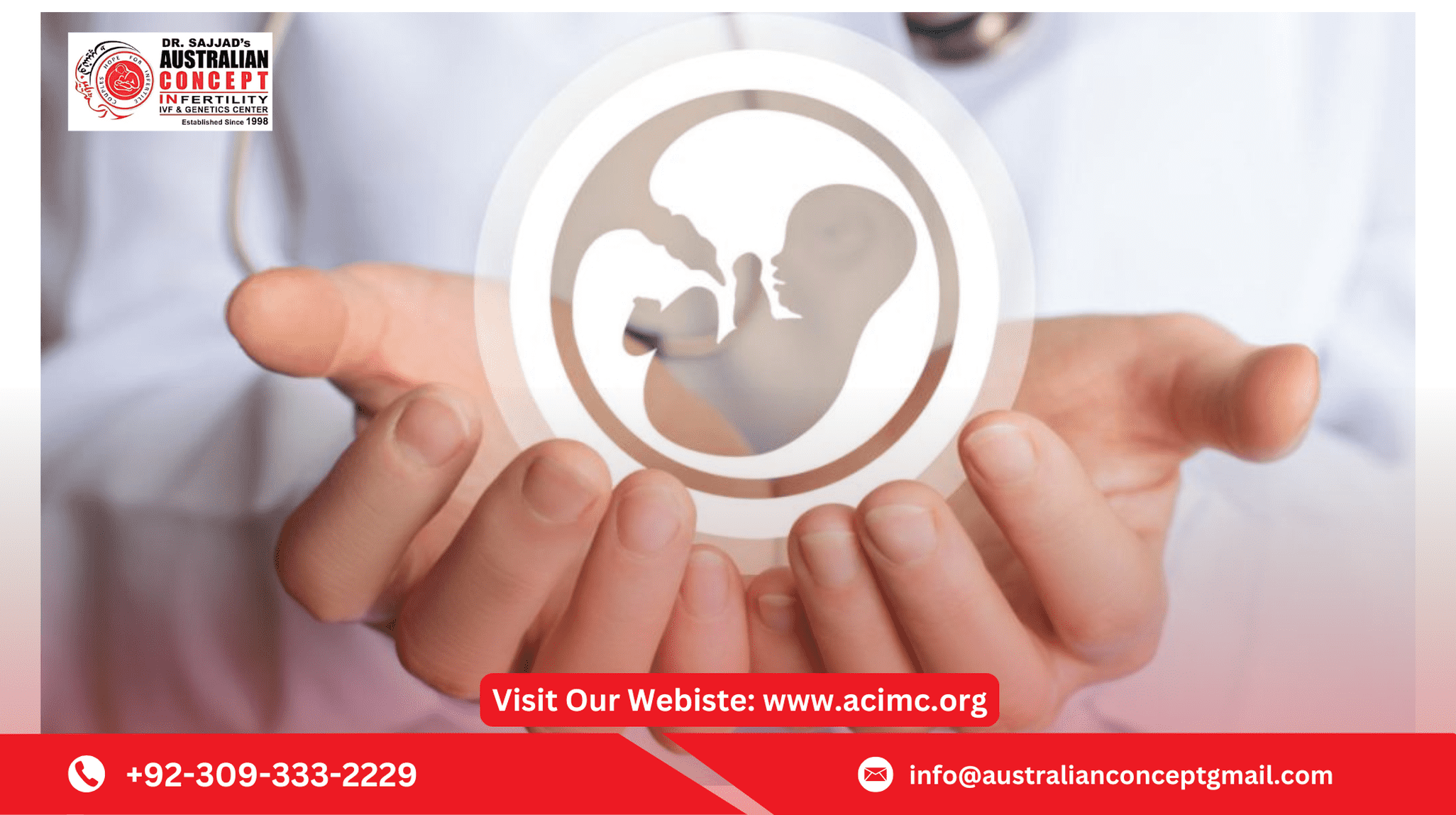In vitro fertilization (IVF) has helped millions of couples worldwide achieve their dream of parenthood. However, many parents wonder about the long-term effects of IVF on children. Research has been ongoing to determine whether children conceived through IVF experience any differences in physical, cognitive, or emotional development compared to naturally conceived children.
1. Physical Health Outcomes
Studies indicate that IVF children generally have similar long-term health outcomes as naturally conceived children. However, some research suggests a slightly higher risk of:
-
Preterm birth and low birth weight – Due to multiple pregnancies often associated with IVF.
-
Congenital anomalies – A small increase in the risk of birth defects has been reported, but this may be linked to underlying parental infertility rather than IVF itself.
-
Higher blood pressure – Some studies suggest a marginally increased risk of hypertension in adolescents conceived through IVF, but further research is needed.
2. Cognitive and Developmental Health
-
Most studies show that children born through IVF have normal cognitive development and intelligence levels comparable to naturally conceived children.
-
There is no significant difference in school performance or IQ levels.
-
Some research suggests a slightly higher likelihood of autism or neurodevelopmental disorders, but the link is inconclusive and could be due to parental age and other factors.
3. Emotional and Psychological Well-Being
-
IVF children tend to have similar emotional and social well-being as their peers.
-
Some studies indicate that children born through assisted reproductive technologies may have slightly higher levels of parental bonding and emotional security due to the parents’ strong desire and effort to conceive.
-
No significant increase in mental health disorders has been conclusively linked to IVF.
4. Fertility and Reproductive Health
-
There is limited evidence suggesting that IVF children may have slightly reduced fertility in adulthood, but this is often due to inherited infertility factors rather than the IVF procedure itself.
-
Long-term studies following IVF-conceived individuals into adulthood are still ongoing to determine any reproductive health impacts.
Conclusion
Overall, research indicates that children conceived through IVF lead healthy, normal lives with minimal differences compared to naturally conceived children. Most potential risks are linked to parental infertility factors rather than the IVF process itself. Consulting an infertility specialist can provide reassurance and guidance for couples considering IVF.
For More Details: https://acimc.org/ivf-lahore/




